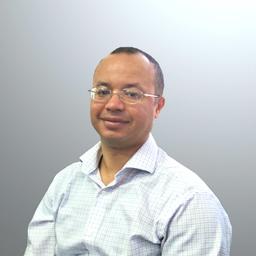Astronaut Scott Kelly revealed new findings from NASA’s study of how living in space changed Kelly from his twin brother on Earth.
Scott Kelly arrived back on Earth in March last year, after his year on the International Space Station. He and his brother Mark are in the middle of tests that will determine how space made Scott different—in physiology and cognitive function—from his brother. The full study will be published in three to five years, according to Scott’s interview in the Guardian.





